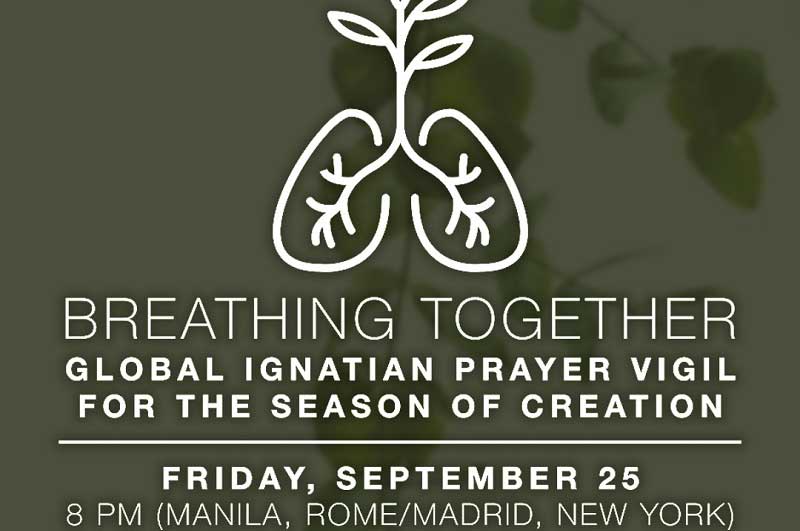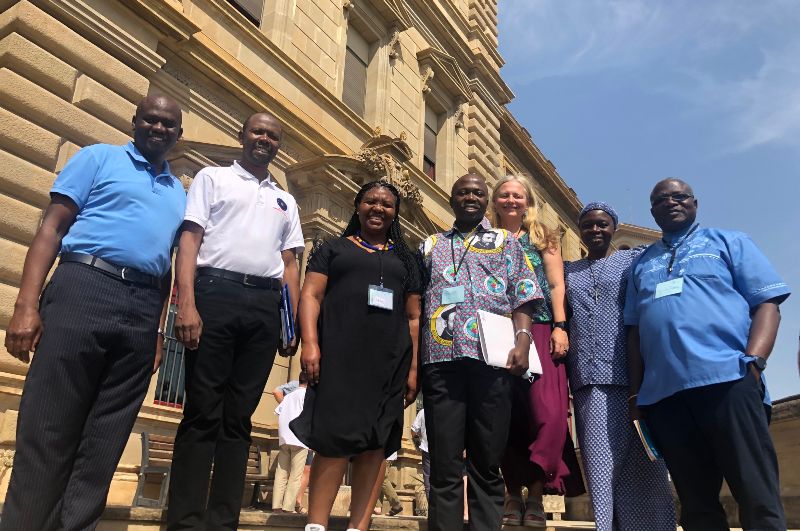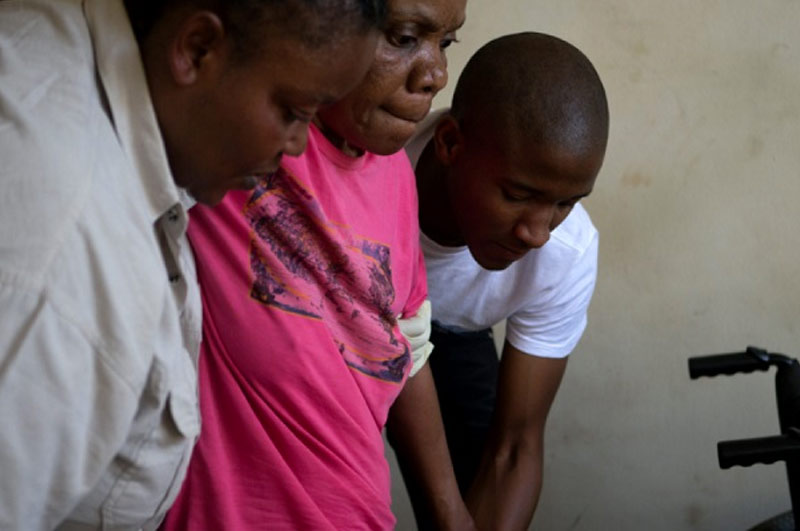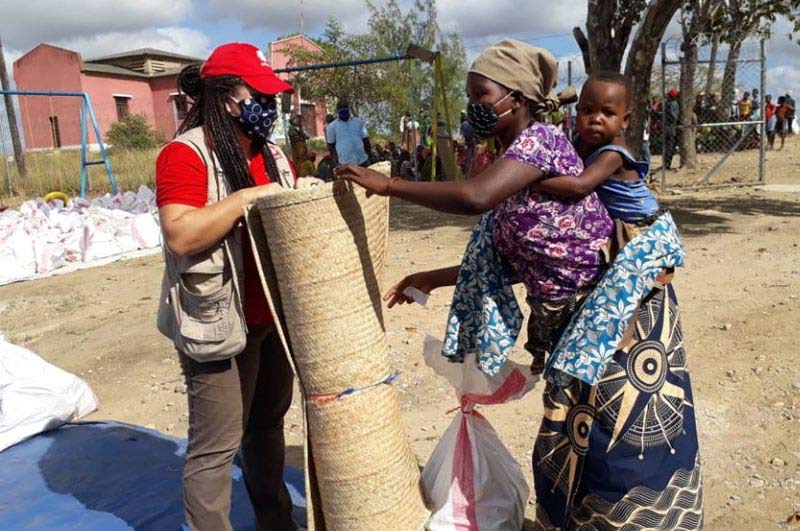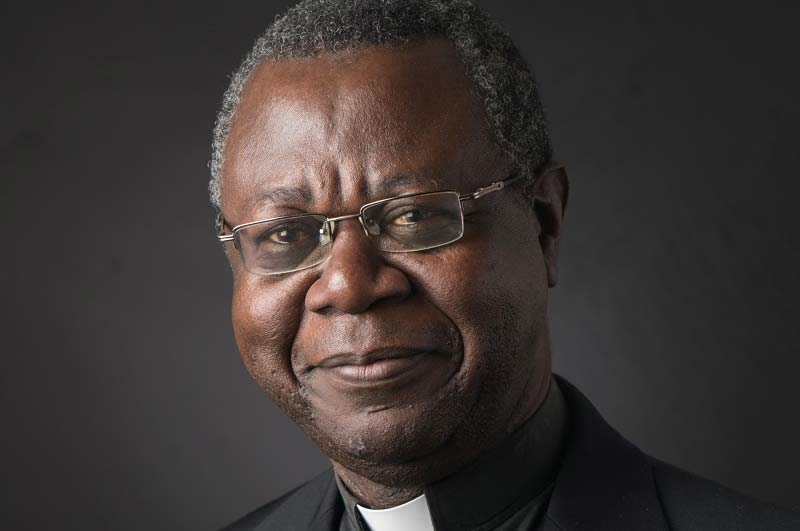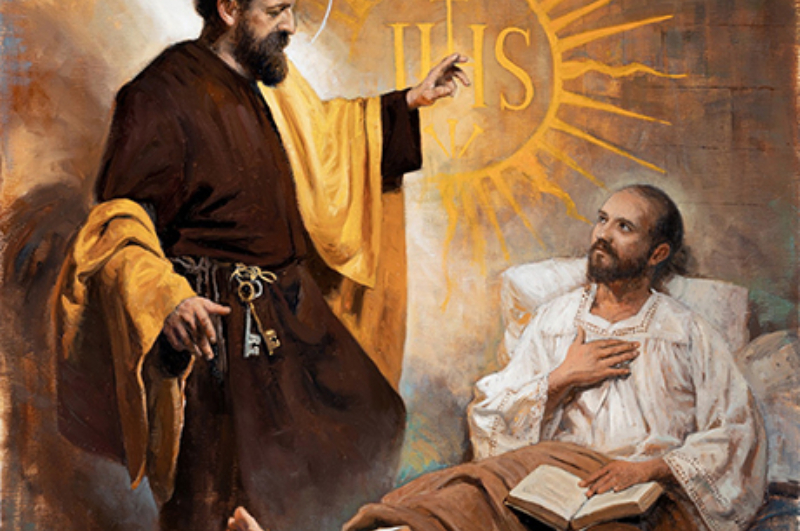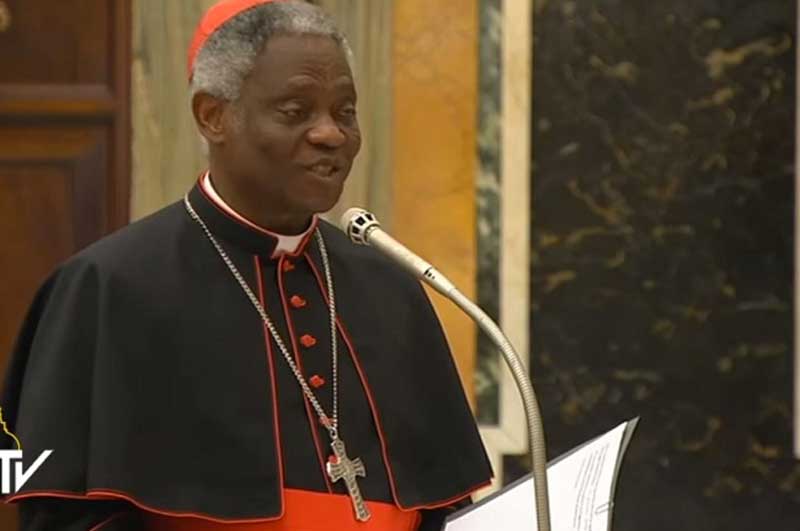


Five Working Groups Formed
Turkson: We must think of the aftermath of COVID-19 so we are not unprepared
The Prefect of the Dicastery for Promoting Integral Human Development underlines the commitment in favor of “local Churches to save lives and help the poorest”. Five working groups have been created to face the crisis and look toward the future.
Massimiliano Menichetti
Around the world, the Church is at the forefront in dealing with the consequences of the coronavirus. Short and long-term projections regarding health care, as well as economic and social necessities, are needed. While vaccines and treatments to eradicate COVID-19 continue to be tested, the forecasts of the International Monetary Fund for 2020 speak of a 3% drop in the global gross domestic product. The decline would be worse than the “Great Depression” of the 1930s. In this context, Cardinal Peter Kodwo Appiah Turkson, Prefect of the Dicastery for Promoting Integral Human Development, stresses that “one crisis risks being followed by others, in a cycle in which we will be forced to learn slowly and painfully take care of our common home, as Pope Francis so prophetically teaches in the Encyclical Laudato si’”.
Your Eminence, the Pope received you in audience several times to speak about the Coronavirus crisis. What is the concern he expressed to you?
The Pope expressed his concern for the present time, for the world crisis generated by COVID-19 and for the dramatic scenarios on the horizon. He told us not to waste time, to get down to work immediately, because we are the Dicastery that is his point of reference. We must act now. And we must immediately think about what will happen next.
What is the mandate that has been given to your Dicastery and what is your mission?
The Holy Father has entrusted us with two main tasks. The first concerns today: the need to offer promptly, attentively, and timely the concrete sign of the Holy Father’s and the Church’s support. We must offer our contribution in this crisis. It is a matter of putting actions in place to support the local Churches, to save lives, to help the poorest. The second concerns the aftermath, the future: it is about change. The Pope is convinced that we are living through an epochal change, and he is reflecting on what will follow the crisis, on the economic and social consequences of the pandemic, on what we will have to face, and above all on how the Church can offer itself as a safe point of reference to the world lost in the face of an unexpected event. Making a contribution regarding the latter is our second task. The Pope has asked us for concreteness and creativity, scientific approach and imagination, global thinking and the ability to understand local needs.
How are you setting up this activity?
We have set up five working groups that are already at work. We have already had two working meetings with the Holy Father. We have created a command center, to coordinate the initiatives meant to be enacted during the crisis and those that concern preparing for tomorrow. Ours is a service in terms of action and thought. We need concrete action now, and we are doing it. We need to look beyond today, to chart the course for the difficult journey that awaits us. If we do not think about tomorrow, we will find ourselves unprepared once again. Taking action today and thinking about tomorrow are not alternatives. We are not facing an “either/or” but a “both/and”. Our team has already begun to collaborate with the Secretariat of State, the Dicastery for Communications, Caritas Internationalis, the Pontifical Academies of Science and Life, the Office of Papal Charities, the Congregation for the Evangelization of Peoples and the Vatican Pharmacy. We have created a somewhat new mode of collaboration between our team and the various Dicasteries and offices of the Holy See: a task force mode. An agile collaboration that bears witness to the unity and the ability of the Church to react.
Who is on the Commission that was created within the Dicastery and what are its areas of focus? Does it include other people or entities outside the Holy See who?
The Commission is composed of 5 working groups.
The first group is already actively at work on the crisis. It works with Caritas Internationalis. It has set up mechanisms to listen to the local Churches to identify real needs and assist in the development of effective and adequate responses. It has asked the Nuncios (Papal Representatives) and Episcopal Conferences to report health and humanitarian issues that require immediate action. A broad outlook is needed. Nobody must be forgotten: prisoners, vulnerable groups. We need to share good practices.
The second group has the task of night watch, like the sentry, to perceive the dawn. To do this it is necessary to connect the best minds in the areas of ecology, economy, health, and public security. We need the concreteness of science and we need prophecy, and creativity. We need to go above and beyond. This group will work in close collaboration with the Pontifical Academy of Life, the Pontifical Academy of Sciences and the Pontifical Academy of Social Sciences.
The third group has the task of communicating our work, of building a new awareness, and calling for a renewed commitment through the means of communication. A section of the Dicastery for Promoting Integral Human Development’s website will be dedicated to the team’s communications.
The fourth group will deal with all possible initiatives regarding the relationship with States or multilateral relations. It will be coordinated by the Secretariat of State. In this area, there is also a need for concrete action and prophecy.
The fifth group will be responsible for finding the necessary funds, in a transparent manner, by promoting a virtuous movement of wealth.
We are taking the first steps. We know that there is much to do. We will commit ourselves with all the energy we have. We are also involving institutions that have traditionally collaborated – and still do – with our Dicastery, such as Georgetown University, Potsdam University, the Catholic University of the Sacred Heart in Milan, World Resources Institute, and many others.
The whole Church is very dedicated during this crisis: there are Caritas branches [Catholic Charities], religious congregations, communities, organizations, and Catholic movements… The whole network of charity and solidarity of the ecclesial world has been mobilized.
How will you be interacting with these realities?
The Church’s network in individual countries is essential. Caritas does extraordinary work. Everything we do will be done in communion between ourselves here in Rome and the local Churches. The team is at the service of the Pope and the Churches. Our mission is not to replace the action of the local Churches, but to help them and be helped by them. We are at the service of one another. We would not understand the t ime we live in if we were to do otherwise. But it is in this way above all that the Church manifests her universality.
Why is it important to begin thinking today about the future?
It is important to begin to reason immediately about what lies around the corner so as not to be unprepared. The health crisis has already triggered an economic one. The risk is that a social crisis will be provoked if this economic crisis is not dealt with immediately. One crisis risks being followed by others, in a cycle in which we will be forced to learn slowly and painfully to take care of our common home, as Pope Francis so prophetically teaches in the Encyclical Laudato si’.
There is a need for courage, for prophecy. The Pope made this clear in his Urbi et orbi message. This is not the time for indifference, selfishness or divisions, because the whole world is suffering and must find itself united in confronting the pandemic. Instead, it is time to loosen the international sanctions that make it difficult for countries to provide adequate support to their citizens. It is time to enable all states to meet the greatest needs of the moment. It is time to reduce, if not even forgive, the debt burden on the budgets of the poorest nations. It is time to resort to innovative solutions. It is time to find the courage to join the call for a global and immediate ceasefire in all corners of the world. This is not the time to continue manufacturing and trafficking weapons, spending huge amounts of capital that should, instead, be used to heal people and save lives.
Today, how is each individual called to live this ordeal?
Today, all of us are rediscovering our fragility. First of all, we are rediscovering that inhabiting the Earth as a common home requires much more. It requires solidarity in accessing the goods of creation as a “common good”, and solidarity in applying the fruits of research and technology to make our “Home” healthier and more liveable for all. In this, we rediscover God, who has entrusted us with such a vocation of being in solidarity with others. We are rediscovering how much the destiny of each of us is linked to that of others. We are rediscovering the value of the things that matter and the worthlessness of so many things that we once considered important. As the Pope said on 27 March: “The storm exposes our vulnerability and uncovers those false and superfluous certainties around which we have constructed our daily schedules, our projects, our habits, and priorities.”
Source: ZenitRelated Articles
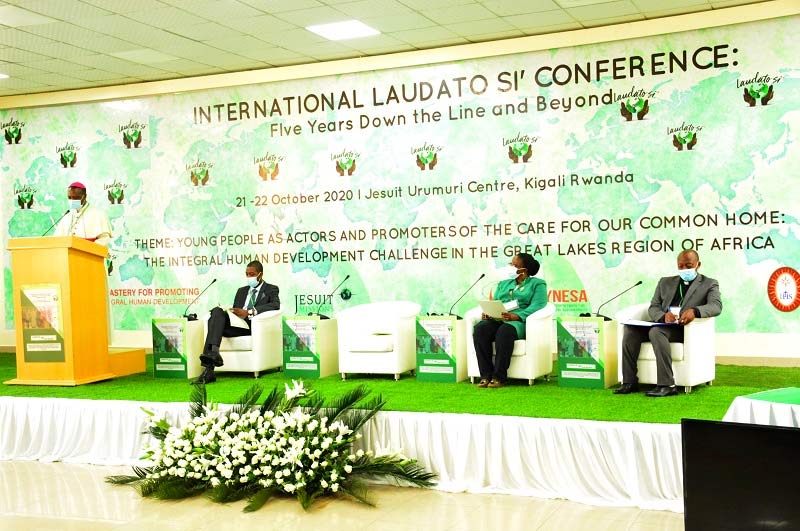
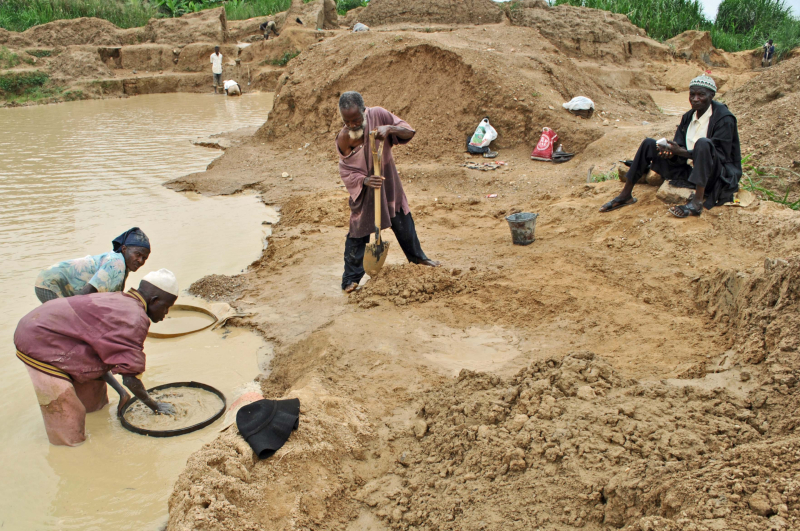
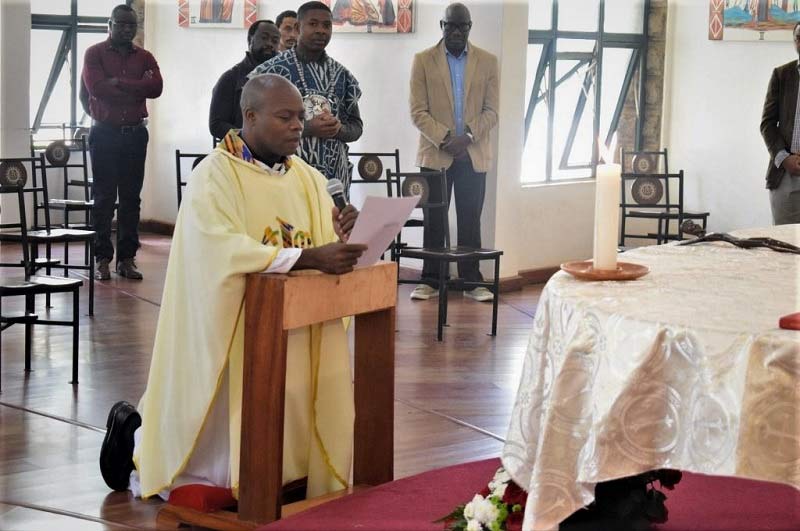
Select Payment Method
Pay by bank transfer
If you wish to make a donation by direct bank transfer please contact Fr Paul Hamill SJ treasurer@jesuits.africa. Fr Paul will get in touch with you about the best method of transfer for you and share account details with you. Donations can be one-off gifts or of any frequency; for example, you might wish to become a regular monthly donor of small amounts; that sort of reliable income can allow for very welcome forward planning in the development of the Society’s works in Africa and Madagascar.
Often it is easier to send a donation to an office within your own country and Fr Paul can advise on how that might be done. In some countries this kind of giving can also be recognised for tax relief and the necessary receipts will be issued.


